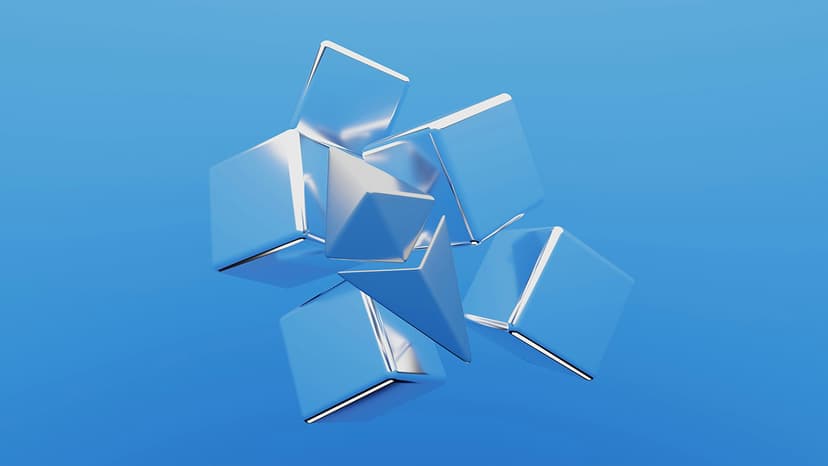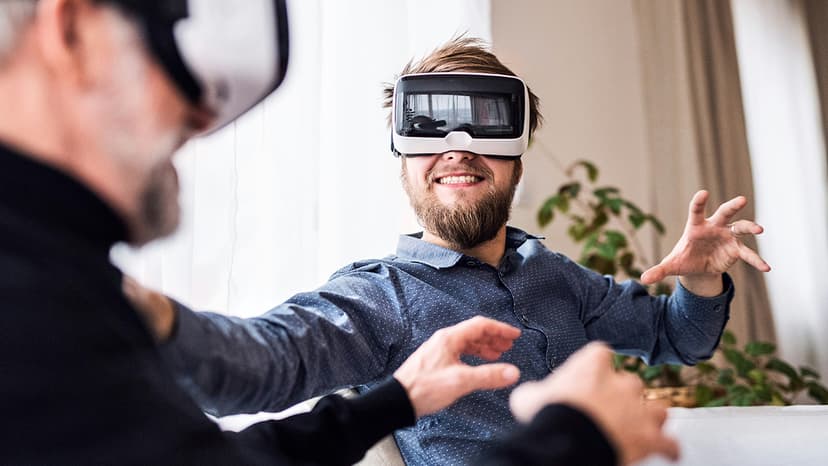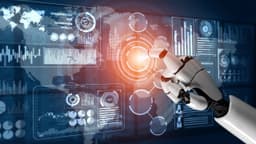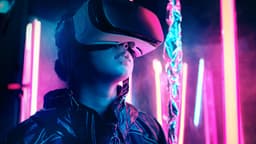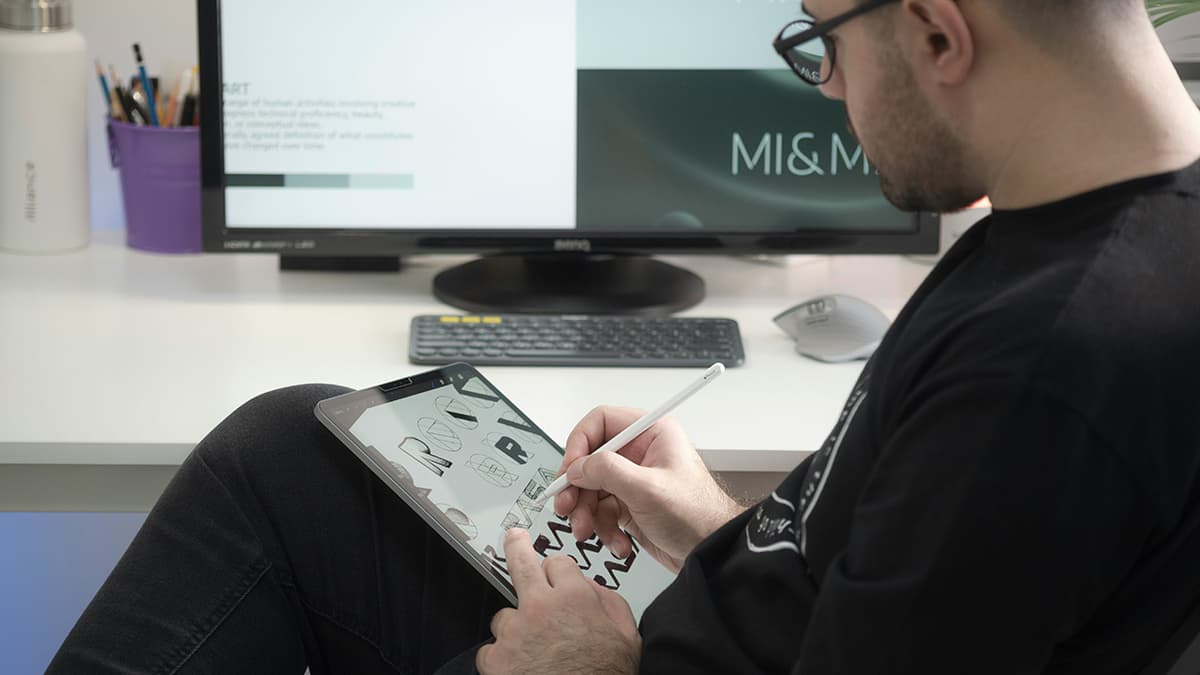The Evolution of Professional Go in the AI Era
The ancient board game Go is celebrated for its complexity and deep strategic thinking. The rise of artificial intelligence (AI) capable of defeating top human players has transformed the Go community. This evolution prompts questions about the future of professional Go players as they face algorithms that can compute optimal moves.
AI has already made a significant impact on the game. Programs like AlphaGo, created by DeepMind, have not only defeated world champions but have also introduced new moves and strategies. This has generated both admiration and concern within the Go community. As the initial reactions settle, the role of AI in Go is becoming clearer, providing insights into how professional players can adjust.
Learning and adapting remain central to Go, even with AI's presence. The AI movement in Go signifies a new chapter in the game's evolution. Players can now benefit from AI analysis, gaining access to novel strategies and refining their playing style. This enhances the complexity of the game and broadens players' growth opportunities.
Professional Go players can utilize AI for study and preparation like never before. Training with AI allows for unlimited simulations, challenging players to push their limits. AI analysis can reveal weaknesses in their play, enabling focused improvement on specific areas.
The future of professional Go may feature a partnership between humans and AI. Instead of solely competing against AI, we might see human-AI teams, where professionals collaborate with AI in tournaments. This could shift the focus from individual skill to the synergy between human intuition and AI's analytical abilities.
AI may also expand audience engagement. With AI providing real-time commentary and predictions, spectators can gain a deeper understanding of the game. This enhancement could attract a broader and more engaged fanbase, making Go more appealing to novices and enthusiasts alike.
Traditionalists may resist this shift, valuing Go's human element—the psychological aspects and the drama of player competition. Over time, AI integration may be viewed not as a replacement but as an enhancement of human skill. Future roles may include AI strategists, where professionals apply their expertise to guide AI development or interpret AI-generated data.
As AI becomes more prominent in Go, the focus may shift to the unique human aspects of the game: artistry, rivalries, and personal journeys. AI cannot replicate the stories behind each move, ensuring that the intrigue and emotional investment in professional players will endure, possibly intensified by AI's involvement.
Professional Go players are entering a transformative phase. Instead of resisting change, they will adapt and evolve. The integrity of the game lies in embracing new tools and insights. The future of professional Go is about harmonizing traditional intuition with technological advancements, promising to extend the boundaries of the game.
AI's entry into the Go landscape signals a call for progress and adaptation. Professional Go players have a rare opportunity to explore the game in greater depth. While AI can suggest optimal moves, it is the human mind that infuses creativity and emotion into the game. As we move forward, the game of Go will continue to evolve along with its players.

